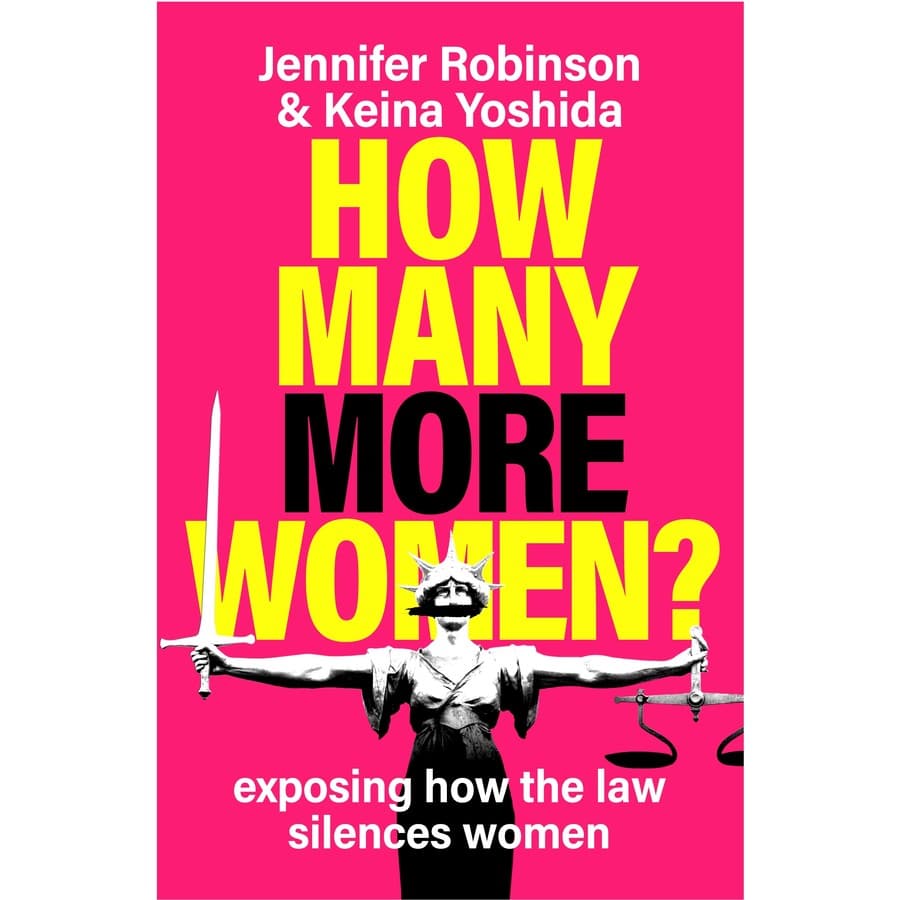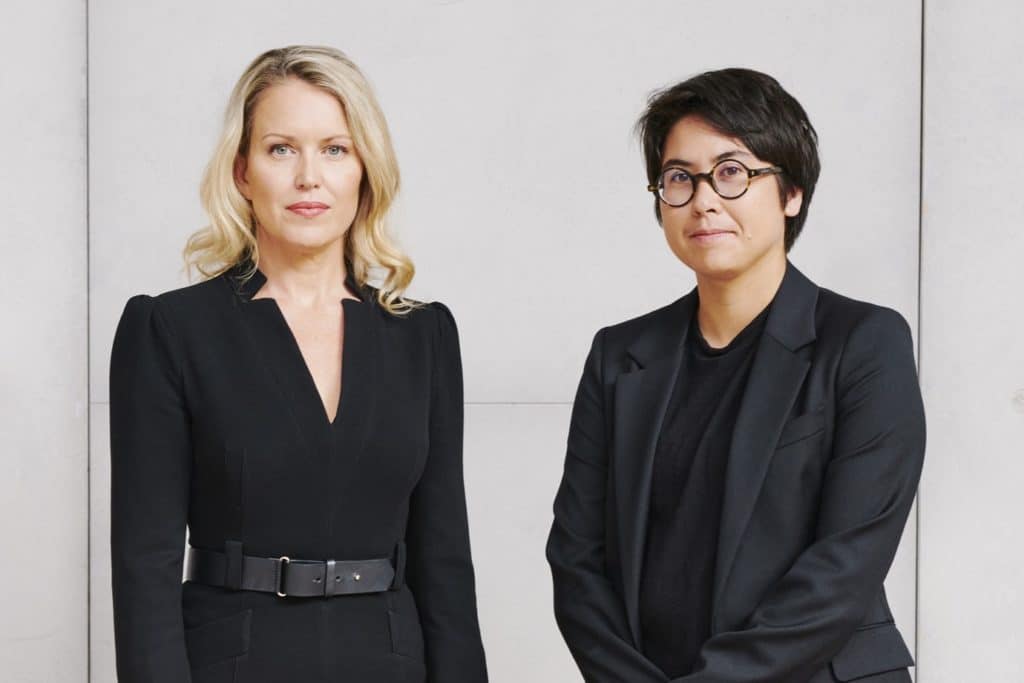How many more women will continue to be failed by the legal system? This is the question that barristers Jennifer Robinson and Keina Yoshida have been asking themselves during their careers in law, fighting for women’s voices to be heard.
The two have co-authored a book on the topic, How Many More Women, after seeing that despite a rise in women sharing their stories in the way of the #MeToo Movement, the courts were silencing female voices and compounding on the violence and trauma women and girls have experienced.

“We were struggling with what to call this book and that question came up all the time,” said Yoshida.
“How many more women need to be raped before things change? How many more women will be sued for defamation before things change? How many more women need to accuse a man of abuse or harassment before we’ll believe her? How many more women have to make accusations before a media organisation publishes a story about this particular person?”
In a conversation for the latest Women’s Agenda Podcast episode, Robinson and Yoshida detail their journey to writing the book and share their insight into what many will find as an incredibly useful guide to better understanding gendered censorship.
At this point in their careers, Yoshida works as a barrister– qualified in the UK and Ireland– and at the Centre for Reproductive Rights, while Robinson is an Australian barrister at Doughty Street Chambers in London. Robinson practises out of London on cases internationally and has worked on some high-profile cases such as representing Amber Heard in her UK trial. Robinson also works with women journalists and frontline organisations in reporting women’s rights stories.
Robinson and Yoshida first met while both working as junior barristers at Doughty Street Chambers in London and both united over a case that felt deeply unjust to them.
The case, which also happens to be their book’s opener, took place in the United Kingdom and involved a woman who’d shown police the red marks her ex-husband left on her throat when he violently grabbed her. Later on, the woman had written to the man’s new partner on Facebook in an attempt to warn the new partner of his history of violence, using the words “He tried to strangle me.”
“He then sued her for defamation,” says Robinson. “Because his new partner and some of her friends and family had seen the post. And he won, even though she had that police evidence.”
The judge in the case ruled that the technical definition of strangulation means that someone does it with an intent to kill, and the judge found the man’s intent was to silence the woman, not to kill her.
“We were both so outraged by that. We decided to work together to try to intervene in the case, but the Supreme Court didn’t hear us,” says Robinson.
“So, really, that’s where the book came from. We decided to make all the arguments that we would have made had the Supreme Court let us in.”
Since their initial outrage, they’ve identified a trend of legal cases and civil litigation cases being brought against women, journalists, frontline services organisations, and friends and family speaking out against gender-based violence.
And this is not an isolated or country-specific trend but something that’s being seen all over the world.
One high profile example of this is a case that Robinson herself was involved in from the beginning– the defamation case that Johnny Depp took against his ex-wife, Amber Heard, and the Sun newspaper in London.
Robinson represented Heard and said: “We worked together and with the newspapers, to prepare the defence, and a judge ruled in 2020 that he found it to be true that Depp had violently assaulted her on 12 separate occasions.
“Fast forward, then he sues her in the United States for an op-ed in which she doesn’t name him. She describes herself as a survivor and a person who became a public figure as associated with domestic violence, which is a fact.”
Depp won the case in the US despite an outcome that Robinson describes as “absurd” and says that anyone who understands the law and the proclaiming jurisdiction that was set in London finds it absurd.
And anyone who’s been on TikTok or other social media platforms since that US court case will understand the intense villainization that Heard underwent after losing the second case.
Robinson says that one of the things most devastating about this outcome is having to ask “how many more women” won’t come forward publicly about their experience of abuse after hearing their friends and family mocking Heard on social media.
Another thing that’s revealed in court cases such as the US trial between Depp and Heard is the way the law is currently applied and interpreted in the best interest of men, while restricting womens’ rights to freedom of expression.
One incredibly powerful phrase expressed in the book is the need to “free her speech”, meaning that women need to be able to speak about their experiences of gender-based violence in public platforms and their lived experiences need to be better reflected in the law.
Robinson says: “When you look at a privacy case or a defamation case, the way the courts consider it is, really, her right to free speech balanced against his right to privacy or his right to protect his reputation.”
“Too much emphasis is being placed on privacy and reputation of men in the global context of where we have a pandemic of violence against women.”
Listen to The Women’s Agenda Podcast below, or search for it on iTunes or Spotify.



